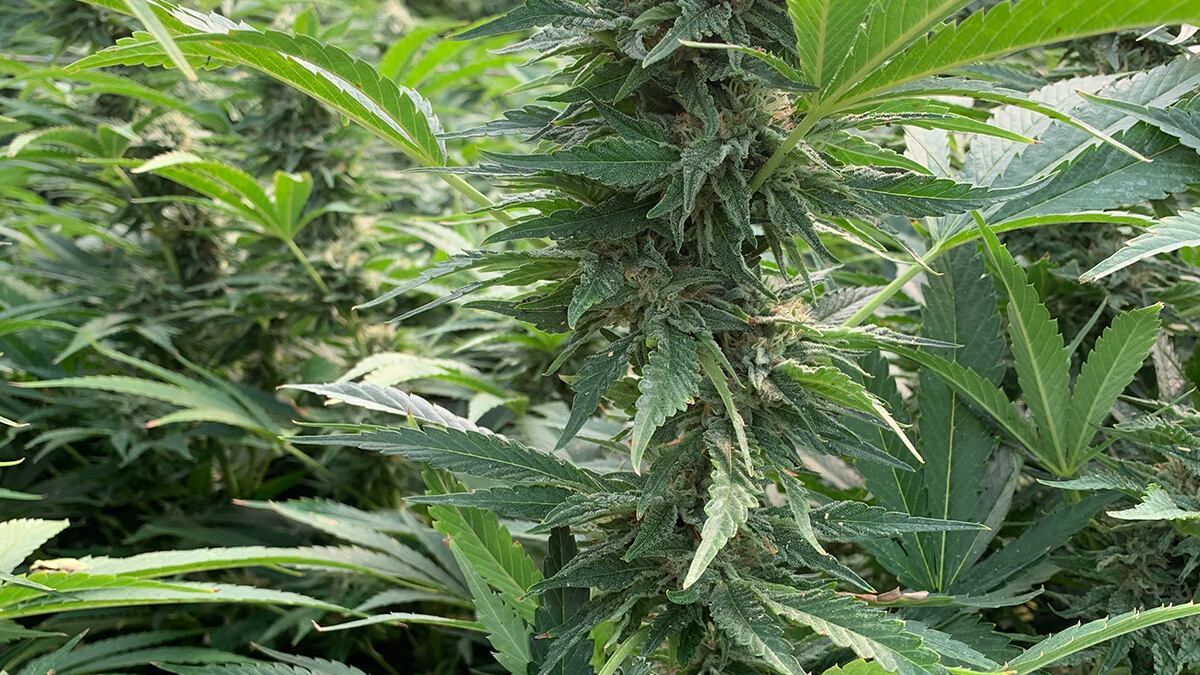In the past few years, plant medicines—namely nonpsychoactive cannabinoids like CBD, CBG, CBC and CBN—have rapidly transcended their surreptitious reputations, grabbing headlines as mainstream celebrities like Martha Stewart released their own cannabis brands (even Gwyneth Paltrow invested in a cannabis-infused beverage brand).
But despite formulations backed by A-listers, dubious endeavors promoted by quasi-celebs like Dan Bilzerian have muddied the waters. Whether promoted by an Oscar winner or just some wiener, the manufactured therapeutic cannabinoid industry can be just as pernicious and unregulated as the rest of the weed industry.
With more than 100 known cannabinoids in the cannabis plant, new discoveries, both pharmacological and recreational, are shaking out almost daily. That makes the process of cannabinoid wellness exploration at best inconveniently profuse and at worst, downright treacherous.
The alternative cannabinoid market is positively flooded with fly-by-night producers importing questionably grown and processed hemp to formulate products with outrageous health claims. But despite a crowded field, there are several cannabis companies creating wholesome, high-quality, ethically grown and lovingly processed cannabinoid products.
WW considered anecdotal data, published studies, and our own relevant experiences to figure out just what exactly we need to know when integrating alternative cannabinoids into our wellness routines.
Here’s what to look for (and what to avoid) when exploring new cannabis brands:
Green Flag:
An easy-to-discover certificate of analysis, or COA, with testing results published plainly on the brand’s website.
Red Flag:
Cannabis grown way out of state or out of the country. In order to produce therapeutic-quality cannabis, the process should be controlled from seed to counter by its own team of cultivators and techs.
Green Flag:
A full-spectrum formulation that includes all the cannabinoids, terpenes and flavonoids present in the cultivar. These products are typically the least processed and usually closest to heritage concentrations and extracts.
Red Flag:
Isolates. Sure, cannabinoids show therapeutic promise on their own, but the process of isolating cannabinoids is complex and invasive, stripping away the natural entourage created by the plant’s essential profile.
Green Flag:
Founder-CEOs with real-life experience medicating with cannabis. When shopping for therapeutic cannabis oils, tinctures, salves and edibles, look for products produced through a therapeutic lens.
Red Flag:
A wildly diverse product selection with no apparent focus. Therapeutic cannabis cultivation can be highly specialized, so any brand that touts miracle results from a laundry list of disparate products raises red flags.
Green Flag:
Organic, sungrown, minimally processed.
Red Flag:
Artificially flavored, colored or scented.
Bottom line:
Cannabis is ancestral medicine, and while advancements in canna tech have led to groundbreaking discoveries, we should also maintain the traditional recipes that led to so many of these newfangled formulations.
Luckily, there are several cannabis brands that use contemporary means to live up to that tradition. Here are a few I personally endorse: Luminous Botanicals, Nesa’s Hemp, Greater Goods, and Lazarus Naturals are all excellent brands worth exploring when shopping for cannabinoid wellness.
And remember, results may vary, so experiment with caution.

